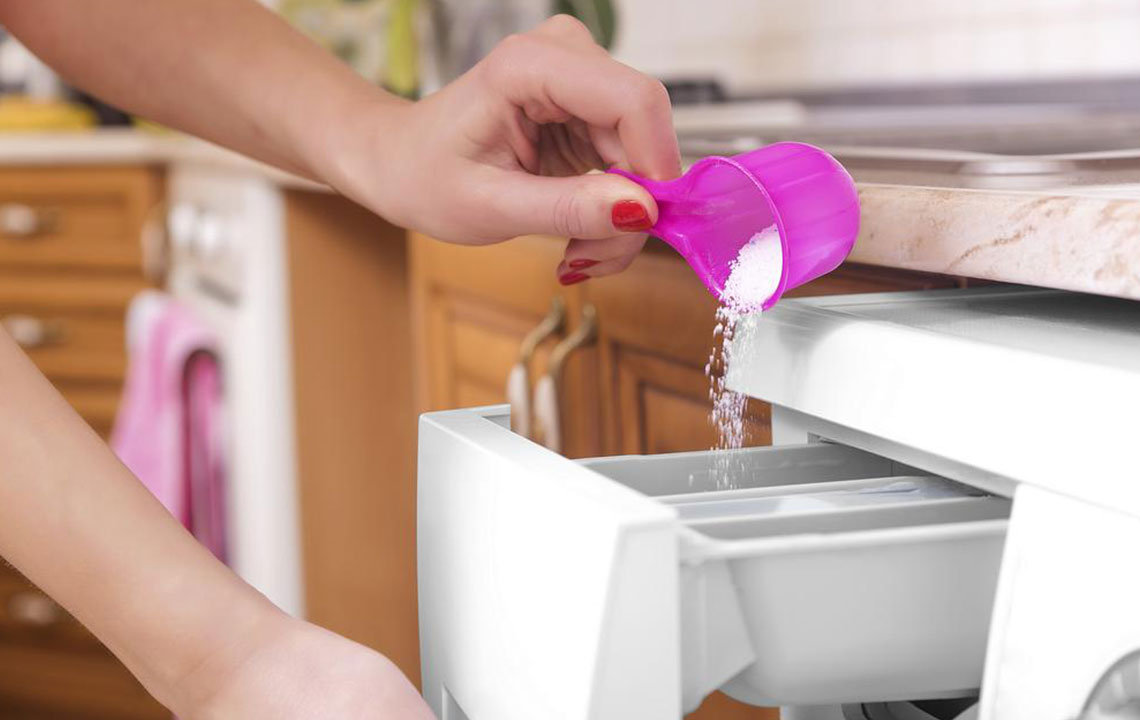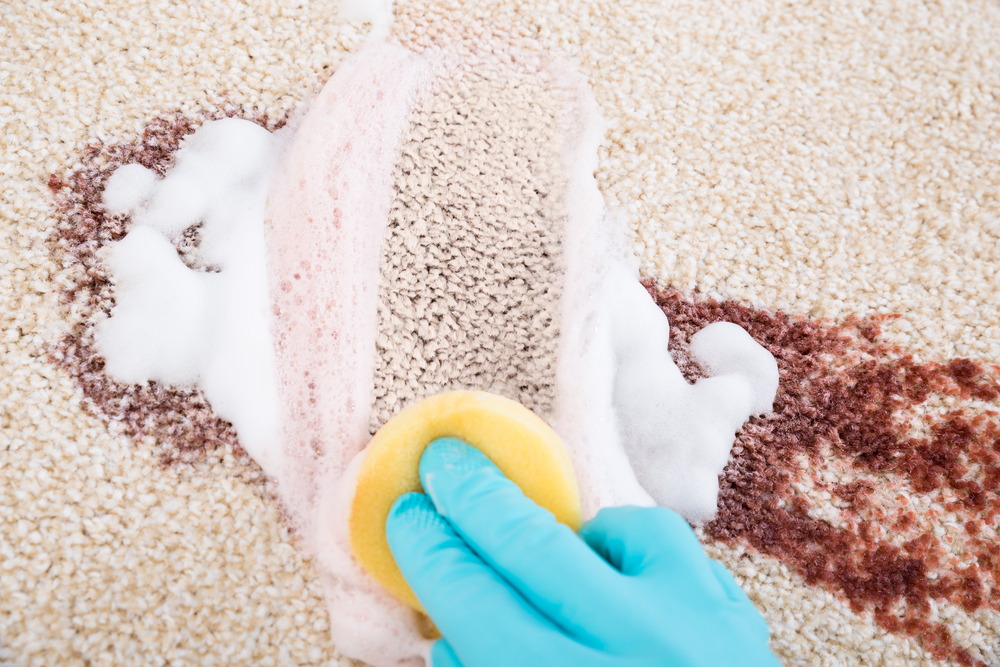Comparing Powder and Liquid Laundry Detergents: Benefits and Drawbacks
This article provides a detailed comparison between powder and liquid laundry detergents, highlighting their respective advantages and disadvantages. It discusses their dissolving capabilities, environmental impact, stain removal efficiency, storage considerations, and suitability for different water types. Ideal for consumers seeking the best laundry cleaning solution, the guide helps in making an informed choice tailored to individual laundry needs and environmental concerns.
Sponsored

In today’s fast-paced world, washing machines have become a household essential. To ensure your appliance operates efficiently and lasts longer, choosing the right detergent is crucial. With numerous options available, understanding the differences between powder and liquid detergents can help you make an informed decision. Both types have unique advantages and disadvantages that cater to different laundry needs.
There are primarily two forms of laundry detergents: powders and liquids.
So, which one suits you best?
Liquid Laundry Detergent
Since their introduction, liquid detergents have gained widespread popularity. This is because they dissolve quickly and easily in water, whether cold or warm, ensuring better stain removal. They often come with appealing fragrances, adding a fresh scent to your laundry.
Advantages
Liquid detergents excel at removing stubborn stains and oily residues efficiently. They’re cost-effective for targeted cleaning and penetrate deeply into fabrics, resulting in thorough cleansing.
Disadvantages
Typically, liquid detergents are packaged in plastic bottles, making transportation heavier and recycling more challenging. Their watery consistency might also lead to overuse if not measured properly, potentially increasing costs.
Powder Laundry Detergent
This is often the most economical choice for laundry cleaning.
Advantages
Powder detergents are more environmentally friendly due to recyclable packaging. They are ideal in regions with hard water, as additives in powders tend to be more stable under such conditions. Additionally, powders allow for easier addition of cleaning boosters, enhancing their effectiveness compared to other formats.
Disadvantages
Powdered detergents can tend to clump if stored improperly in moist environments. They may also require extra time to dissolve fully in cold water cycles, which can be inconvenient during quick laundry loads.






